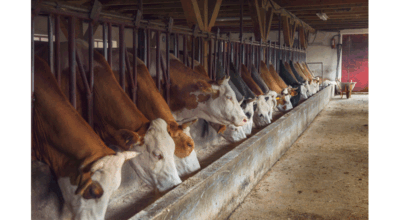Agency confirms first case of Eastern Equine Encephalitis this year
Published 10:20 am Wednesday, September 11, 2013
The Virginia Department of Agriculture and Consumer Services (VDACS) has confirmed the first case of Eastern Equine Encephalitis (EEE) in a horse this year. The horse, a seven-year-old Paint gelding from Disputanta in Prince George County, moved to Virginia from Mississippi three months ago. A blood test showed recent infection so he contracted the disease in Virginia. The horse, which had not been vaccinated for EEE, was euthanized on Aug. 31.
This is the first reported case of EEE in a horse in Virginia this year. Last year the state had eight cases of EEE, most of them from the Tidewater area, which is typical. So far there have been no reported cases of West Nile Virus (WNV) in Virginia horses this year.
In an April 2013 press release, Dr. Richard Wilkes, VDACS state veterinarian, encouraged horse owners to work with their veterinarians to plan a vaccination schedule that would protect their horses from EEE. Available vaccines are effective in drastically reducing the incidence of both EEE and WNV in horses. The vaccines are effective for six to 12 months, so horses should be re-vaccinated at least annually. In an area where the disease occurs frequently, such as southeast and Tidewater Virginia, most veterinarians recommend vaccination every six months.
For the vaccine to be effective it must be handled and administered properly and be given at least two weeks before the horse is exposed to the virus. Additionally, to stimulate full immunity, horses must be vaccinated twice, about 30 days apart, the first year of vaccination. Generally, EEE is transmitted by mosquitoes. Besides vaccination, other prevention methods include destroying standing water breeding sites for mosquitoes, using insect repellents and removing animals from mosquito-infested areas during peak biting times, usually dusk to dawn.
For more information, contact the Office of the State Veterinarian at 804-692-0601 or consult your local veterinarian.





